We are all struggling to be better leaders. We worry about whether we are smart enough, whether we are wise enough; can we do the right thing, do people respect us? The empowering news is that all these fears are natural, all leaders have had to overcome these and other fears, and we can learn from them. History provides us with many role models. Our experiences of being inadequate leaders are not new and they are not unique to us.
Throughout history, leaders, and leaders-in-the-making have struggled with themselves, the deficiencies in their backgrounds and the context in which they had to work. Leaders who have gone before us have bequeathed a rich legacy of extraordinary achievement, overcoming insurmountable obstacles and beneficially touching the lives of thousands, if not millions of people.
We owe it to ourselves to actively understand how other leaders have conquered the challenge of leadership. We find them in business, in sports, in the arts and the military. Each one is unique, and yet we share a common humanity with them. They, too, were in a place like that which we find ourselves in now. They can inspire us, motivate us; they speak to us from the past, but their lessons for us are as fresh and current as of the latest social media post.
We can equally learn from what they did, and from what they should not have done. Not all historical leaders were good people. To not study their lessons and the lessons of so many others is a missed opportunity to become better leaders ourselves.
Table of Contents
List of Historical and Present-day Leaders:
Throughout history and into the modern era, many leaders have left indelible marks on society. Figures like Sun Tzu, whose strategic insights remain relevant today, and Genghis Khan, who created the largest contiguous empire in history, offer lessons in adaptability and ambition. Alexander the Great’s unparalleled military conquests, Hannibal’s resilience, and Scipio Africanus’ strategic brilliance showcase the timeless nature of leadership. Modern leaders like John D. Rockefeller and Jeff Bezos illustrate the power of innovation and strategic foresight. Each leader, despite their diverse contexts, provides valuable insights into overcoming challenges and achieving greatness.
1. Sun Tzu
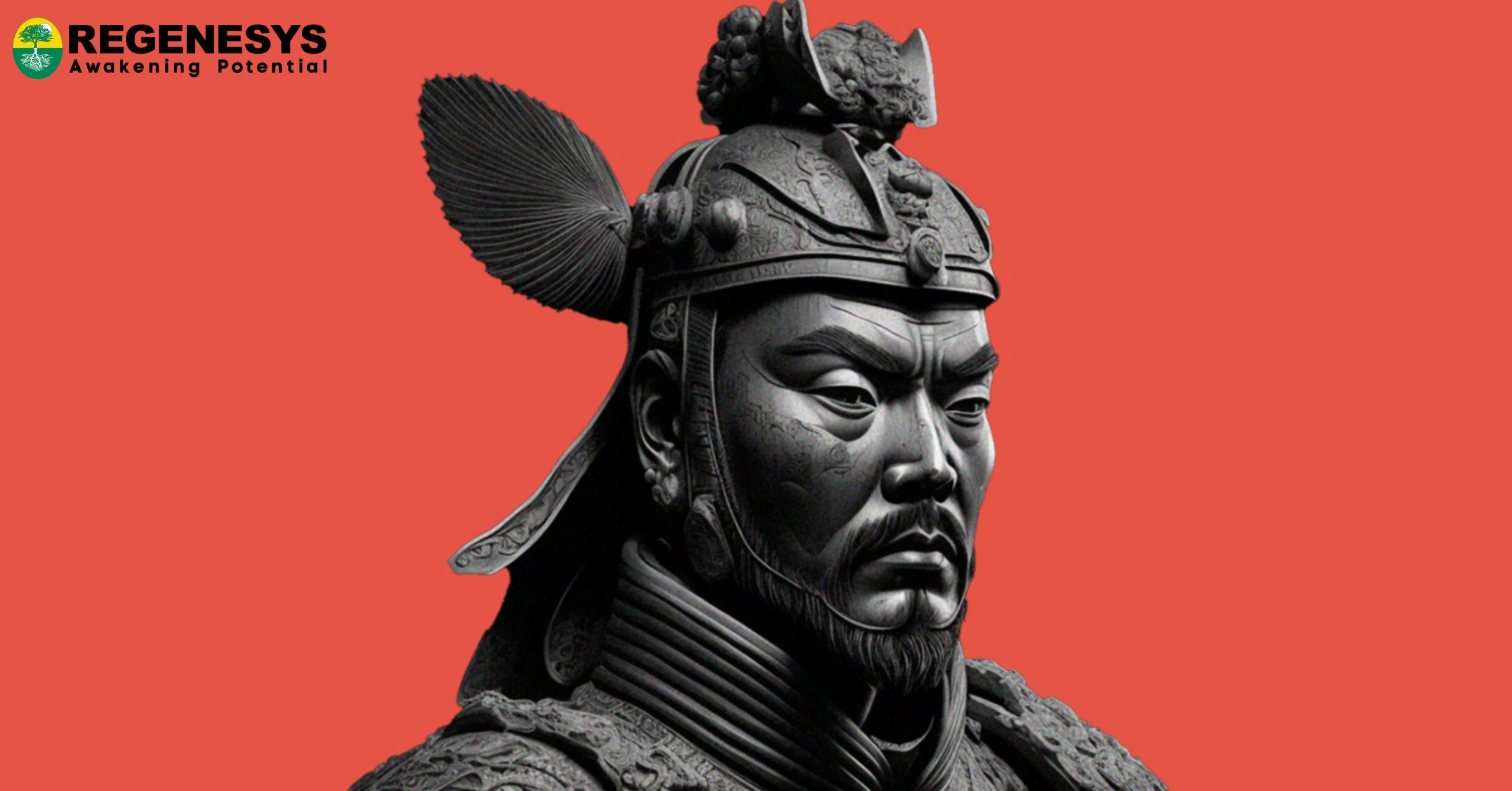
Sun Tzu (544-496 BCE) was a Chinese general, military strategist, writer, and philosopher who lived in the Eastern Zhou period of ancient China. Sun Tzu is traditionally credited as the author of The Art of War, an influential work of military strategy that has affected both Western and East Asian philosophy and military thinking. His works focus much more on alternatives to battle, such as stratagem, delay, the use of spies and alternatives to war itself, the making and keeping of alliances, the use of deceit, and a willingness to submit, at least temporarily, to more powerful foes.
2. Genghis Khan
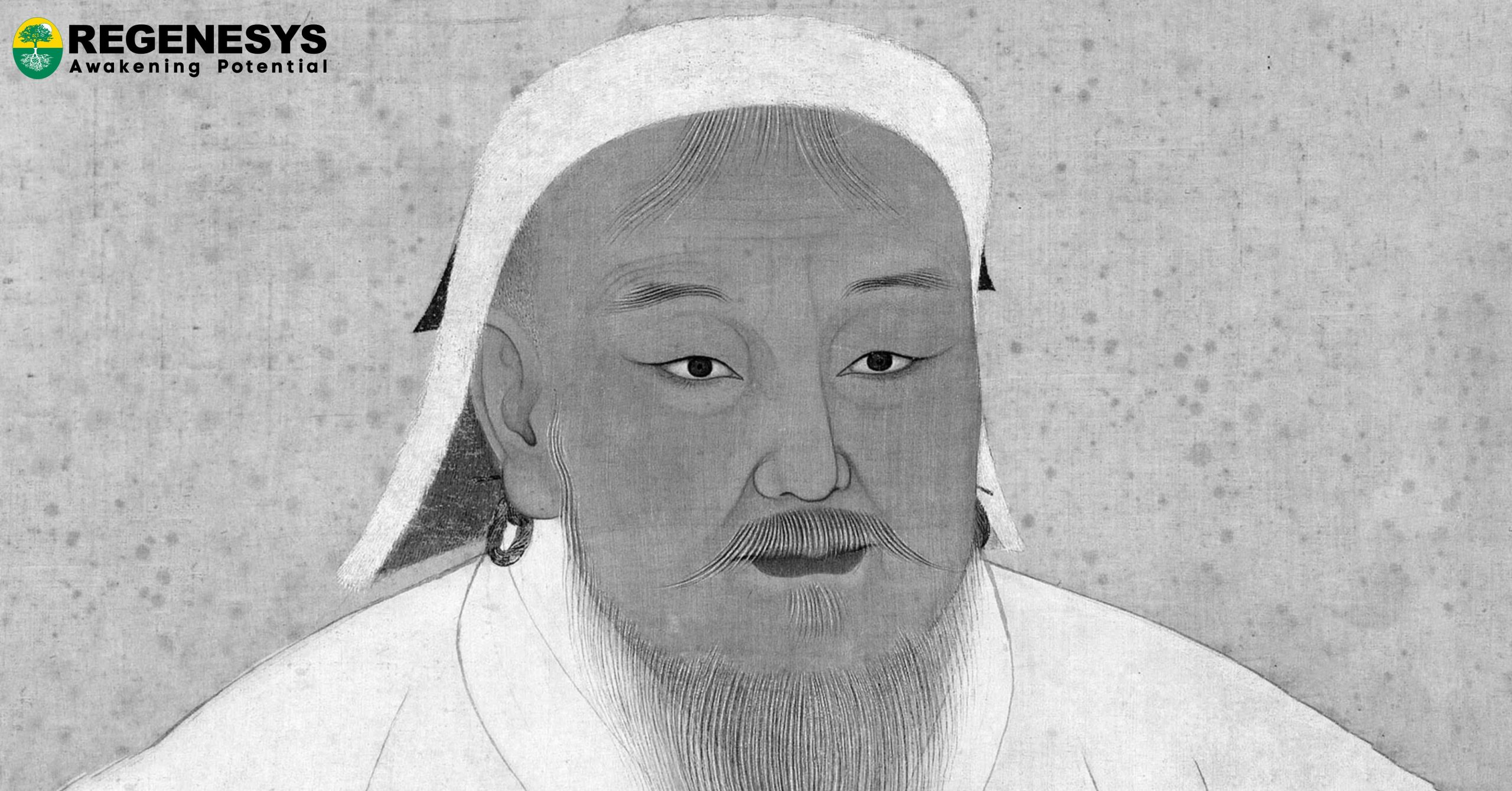
Genghis Khan lived from 1162 to 1227. Coming from an obscure background and a harsh childhood in Mongolia, he created the largest land empire in history, spanning much of Asia and Eastern Europe. He was constantly on the move, using his warriors on rugged steppe ponies to surprise his enemies.
There is no surviving image of what he looked like, and we have no idea of where he was buried. He introduced a rigid system of military governance based on merit, loyalty, and achievement. He was cruel and thought nothing of exterminating his opponents.
And yet, he was profoundly open to new ideas, regardless of where they came from. His warriors killed most of the enemies in battle but they would often spare the lives of craftsmen, engineers, and anyone who knew how to read, write, or translate different languages.
Genghis Khan wanted to steal their best war tactics. But he also wanted to learn about their culture and society. He is famous for saying, “A leader can never be happy until his people are happy.” Such is the enigma of Genghis Khan.
3. Alexander the Great

Alexander III of Macedon (356 – 323 BCE), commonly known as Alexander the Great, was a king of the ancient Greek kingdom of Macedon. By the age of 30, he had created a vast empire that stretched from Macedonia to Egypt and from Greece to part of India.
He was undefeated in battle and is widely considered to be one of history’s most successful military commanders. Stop and think about this – at the age of 30, Alexander ran a successful empire that stretched from Greece to India, and with no paved highways, no digitised logistics and no digital infrastructure.
His military achievements and success in battle make him the measure with which many modern military leaders compare themselves. Military academies throughout the world still teach his tactics. He is often ranked among the most influential people in human history.
4. Hannibal
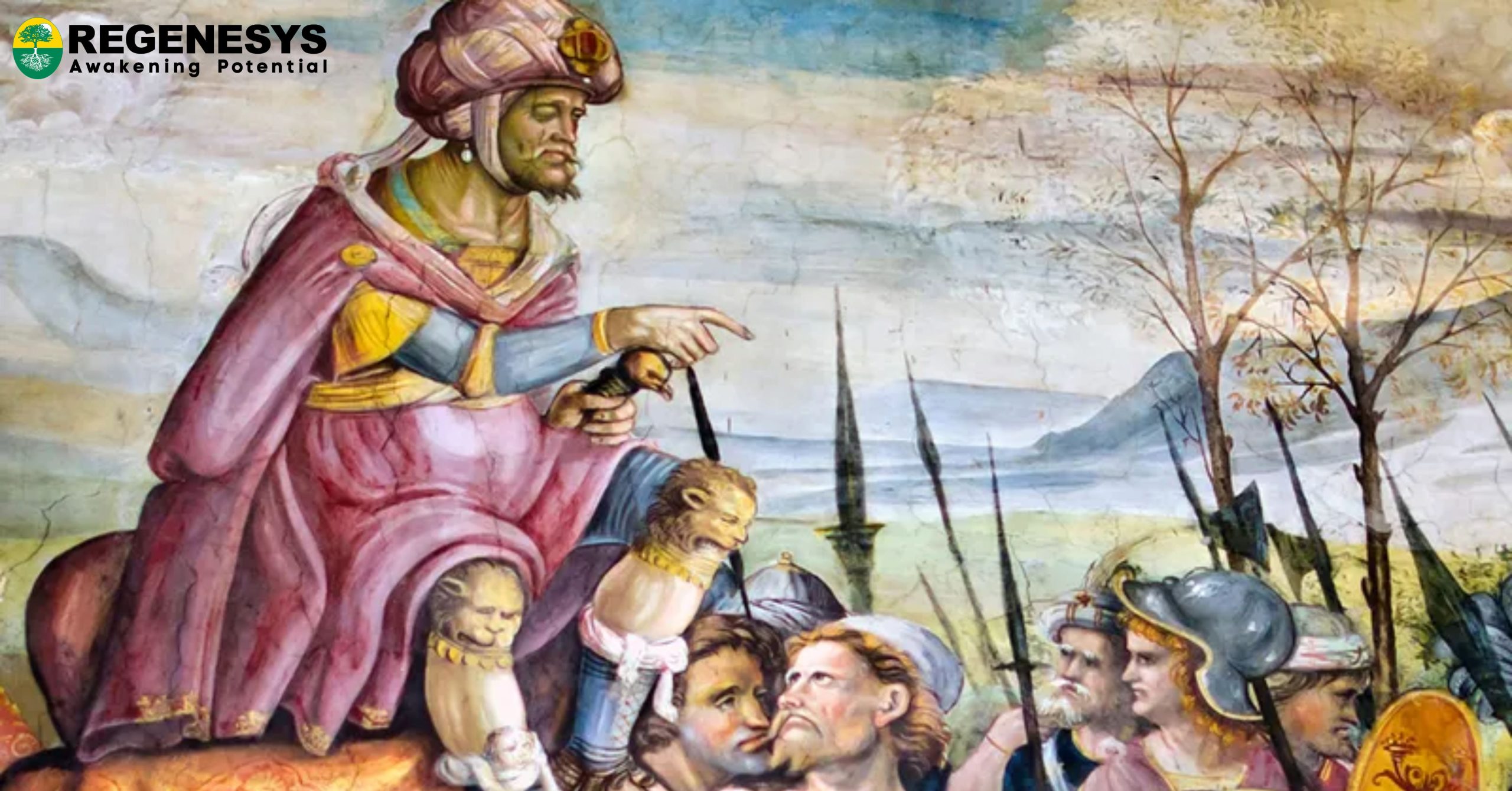
When we think of Hannibal, we think of someone crossing the Alps with elephants, and that is where our appreciation of Hannibal ends. But there is much more to Hannibal (247-c.181 BC). He was a Carthaginian general, one of the great military leaders of antiquity, who commanded the Carthaginian forces against the Roman Republic.
Hannibal had to cope with many adversities. His troops were often on the point of rioting. Many of his war elephants died while crossing the frigid Alps to attack Rome. He lost an eye in battle. In leadership, he was tenacious and flexible. He could get cooperation from his soldiers. Hannibal was a soldier’s soldier, he was with them on campaign, he slept on the ground with them, and won their loyalty.
Hannibal’s focus was on building support among allies and fellow Carthaginians alike. Hannibal is regarded as one of the greatest military tacticians in history and one of the greatest generals of antiquity.
5. Scipio Africanus
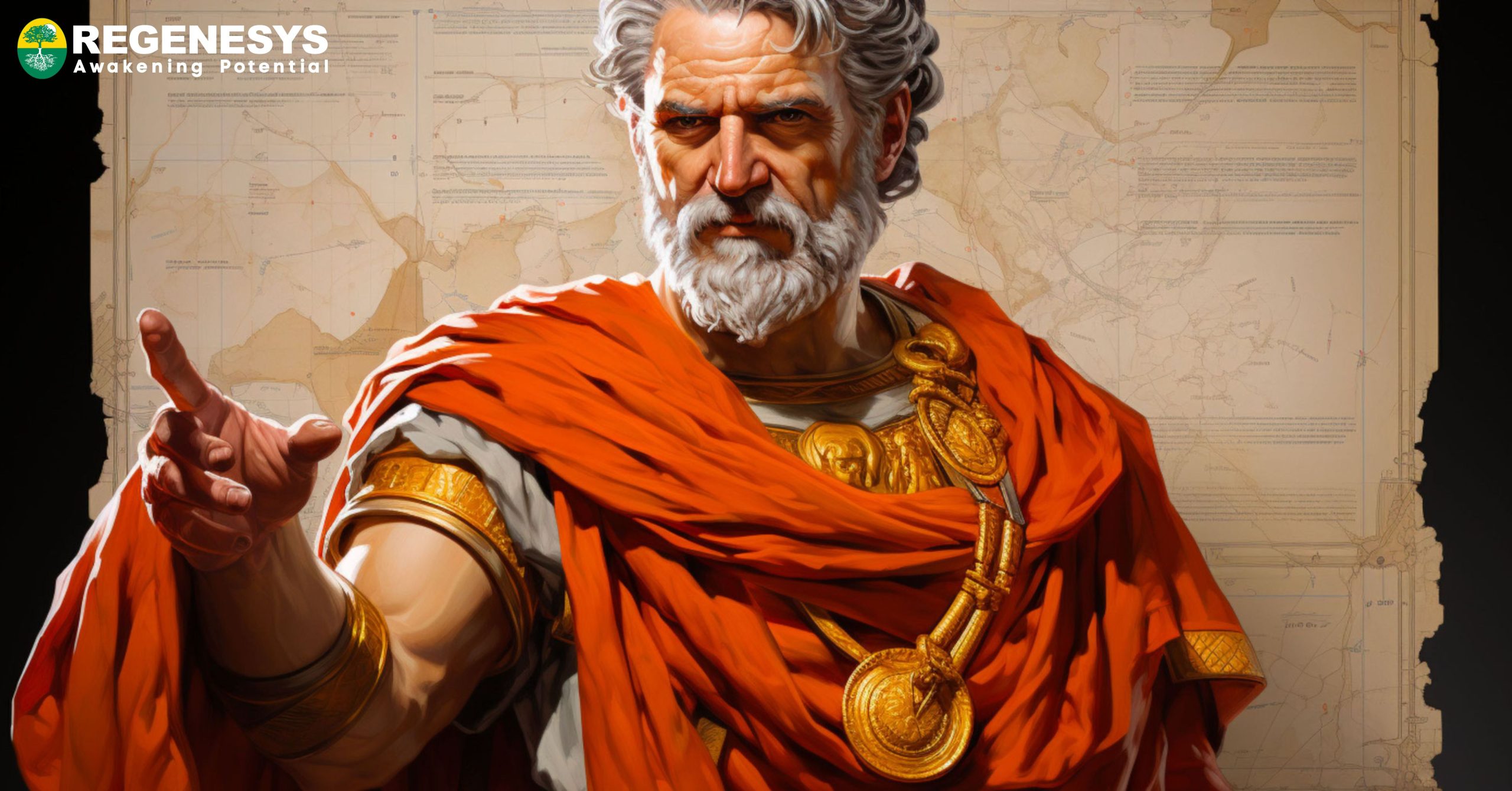
Scipio was Hannibal’s greatest enemy. Scipio Africanus (236/235–183 BC) was a Roman general and later consul who is often regarded as one of the best military commanders and strategists of all time. His greatest military achievement was the defeat of Hannibal at the Battle of Zama (near modern Zama, Tunisia) in 202 BC. Scipio Africanus learned the art of war on the battlefield against Hannibal.
One of Scipio’s bloodiest defeats at the hands of Hannibal was at Cannae, where some 60,000 Romans died in a single day’s fighting. After the battle, he forced would-be deserters, at sword-point, to swear an oath never to desert Rome and that they would kill anyone else attempting to forsake the Roman Empire.
He did not consider death on the battlefield, or surrender to Hannibal; instead, he pulled together the remaining Roman forces and got them ready for the next battle, which he won. For Scipio, there was no shame in defeat, only in giving up.
6. Napoleon

Napoleon Bonaparte (1769 -1821) was a French military and political leader who emerged during the French Revolution. He was born on the island of Corsica to an inconspicuous family.
He served as First Consul from 1799 to 1804 and as Napoleon I, he was Emperor of the French from 1804 until 1814 and again in 1815. He dominated European and global affairs in the Napoleonic Wars. He won most of these wars and the vast majority of his battles, building a large empire that ruled over continental Europe before its final collapse in 1815.
He brought sweeping changes to European legal systems and introduced liberal policies to the countries he ruled. He is considered one of the greatest commanders in history, his wars and campaigns are still studied at military schools worldwide. He remains one of the most celebrated and controversial political figures in human history and brought revolutionary changes to military logistics, tactics, and battle planning in warfare.
7. Carl von Clausewitz
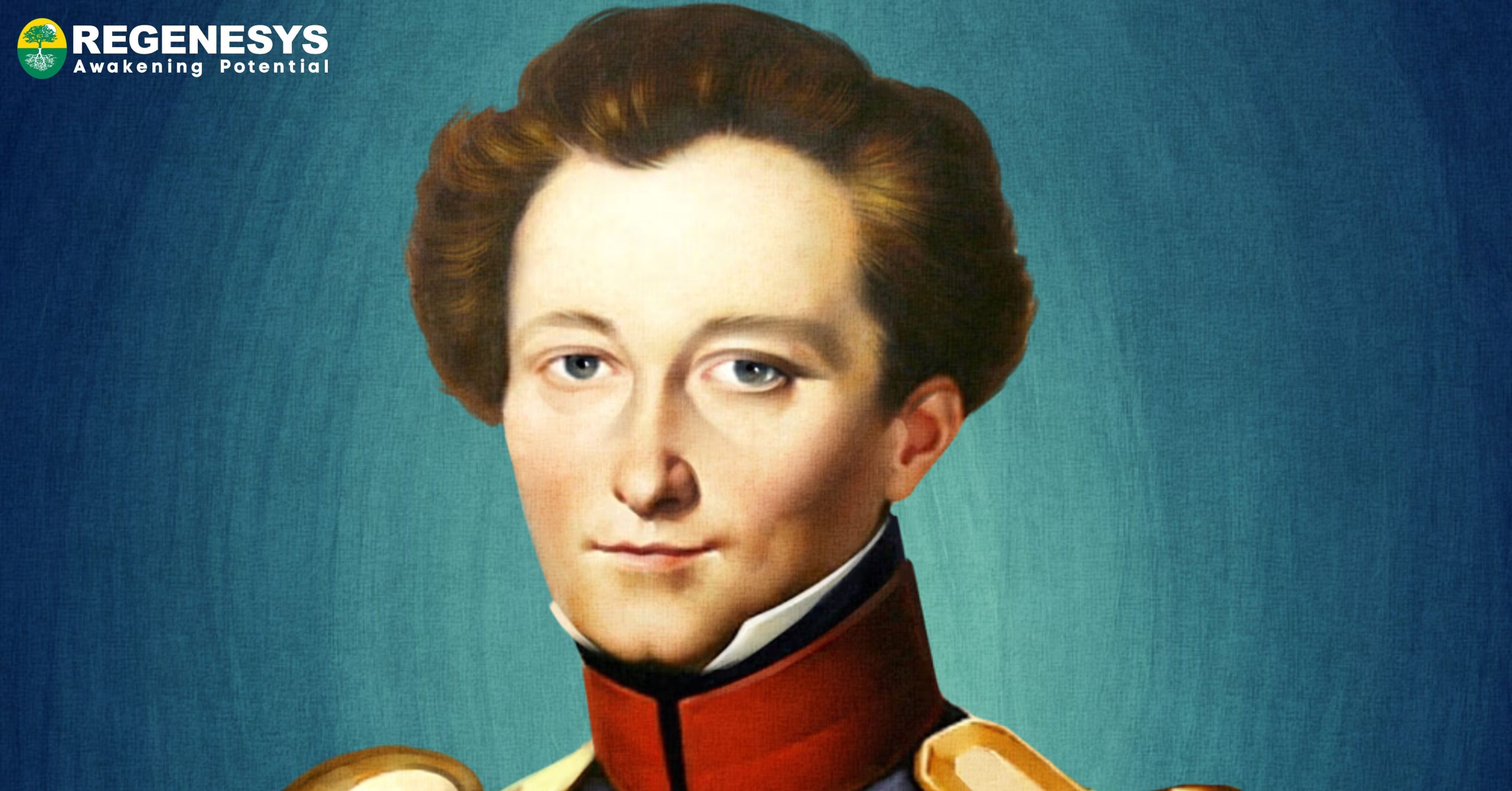
Carl von Clausewitz (1780 – 1831) was a Prussian general and military theorist who stressed the psychological and political aspects of war. His most notable work, Vom Kriege (On War), which was unfinished at his death, is the most important single work ever written on the theory of warfare and of strategy.
His theories are of interest to military strategists, historians, political scientists, business thinkers, and scientists. Clausewitz has inspired many important soldiers, writers, and thinkers, among them the Duke of Wellington, Lenin, Hitler, and Mao.
Von Clausewitz has also given us many pithy and well-known quotations:
- War is the continuation of politics by other means.
- Courage, above all things, is the first quality of a warrior.
- It is even better to act quickly and err, than to hesitate until the time for action is past.
- To secure peace is to prepare for war.
- If the leader is filled with high ambition and if he pursues his aims with audacity and strength of will, he will reach them despite all obstacles.
8. Erwin “Desert Fox” Rommel
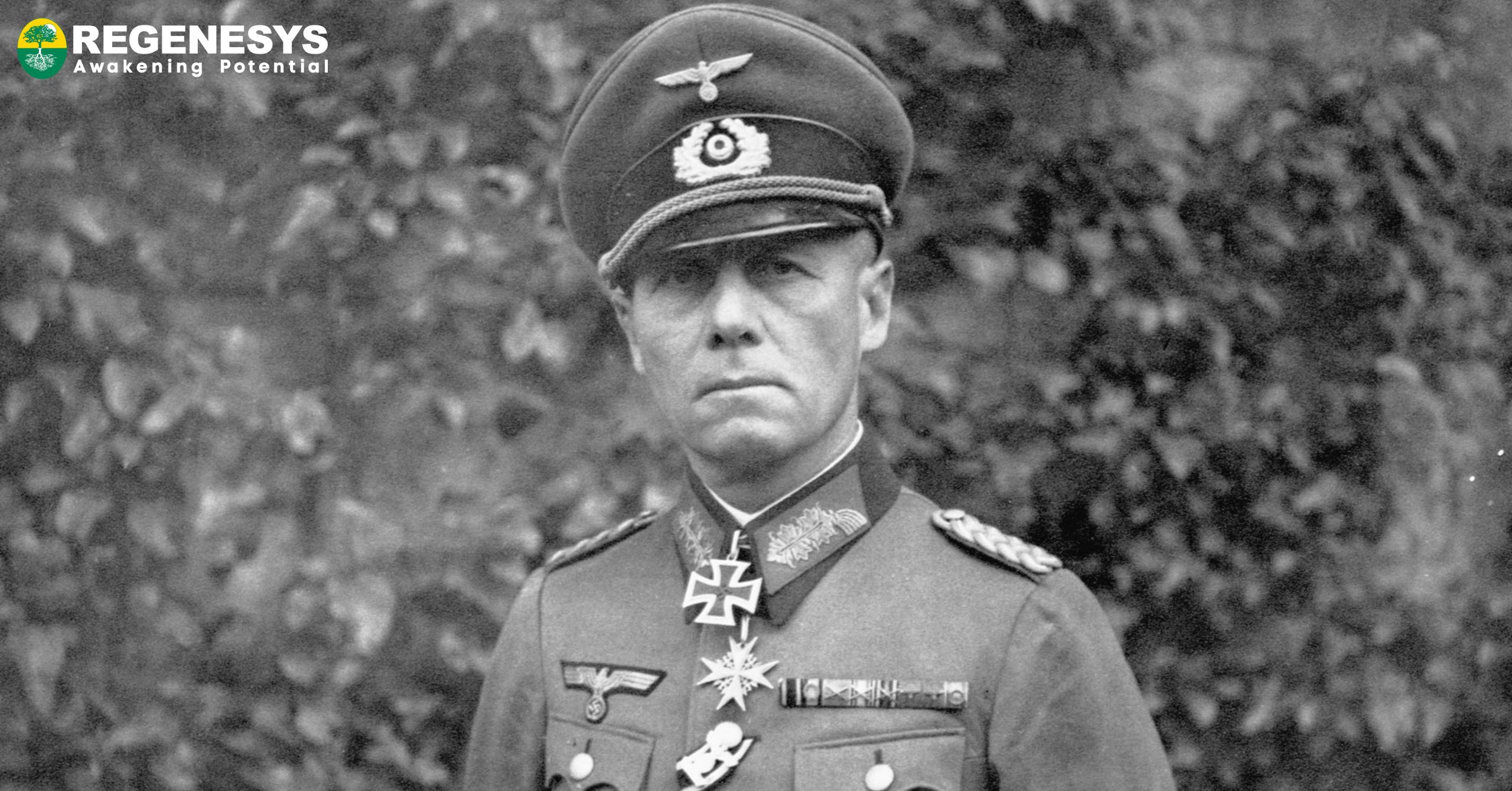
Erwin Rommel (1891– 1944) was a German general and military theorist. Known as the Desert Fox, he was a charismatic and popular field marshal in the German Wehrmacht (armed forces) during World War II.
Despite facing superior British forces in North Africa, Rommel managed to outwit the British with fewer tanks and fewer men. Rommel understood the strategic importance of mobility and speed as the decisive factor in attacking along the lines of least expectation.
Rommel’s gifts were a deep understanding of his men, unusual courage, and a natural gift of leadership. Rommel led from the front and mobilised his forces faster than the British were expecting and that gave Rommel the advantage despite his numerical drawback.
9. John D. Rockefeller
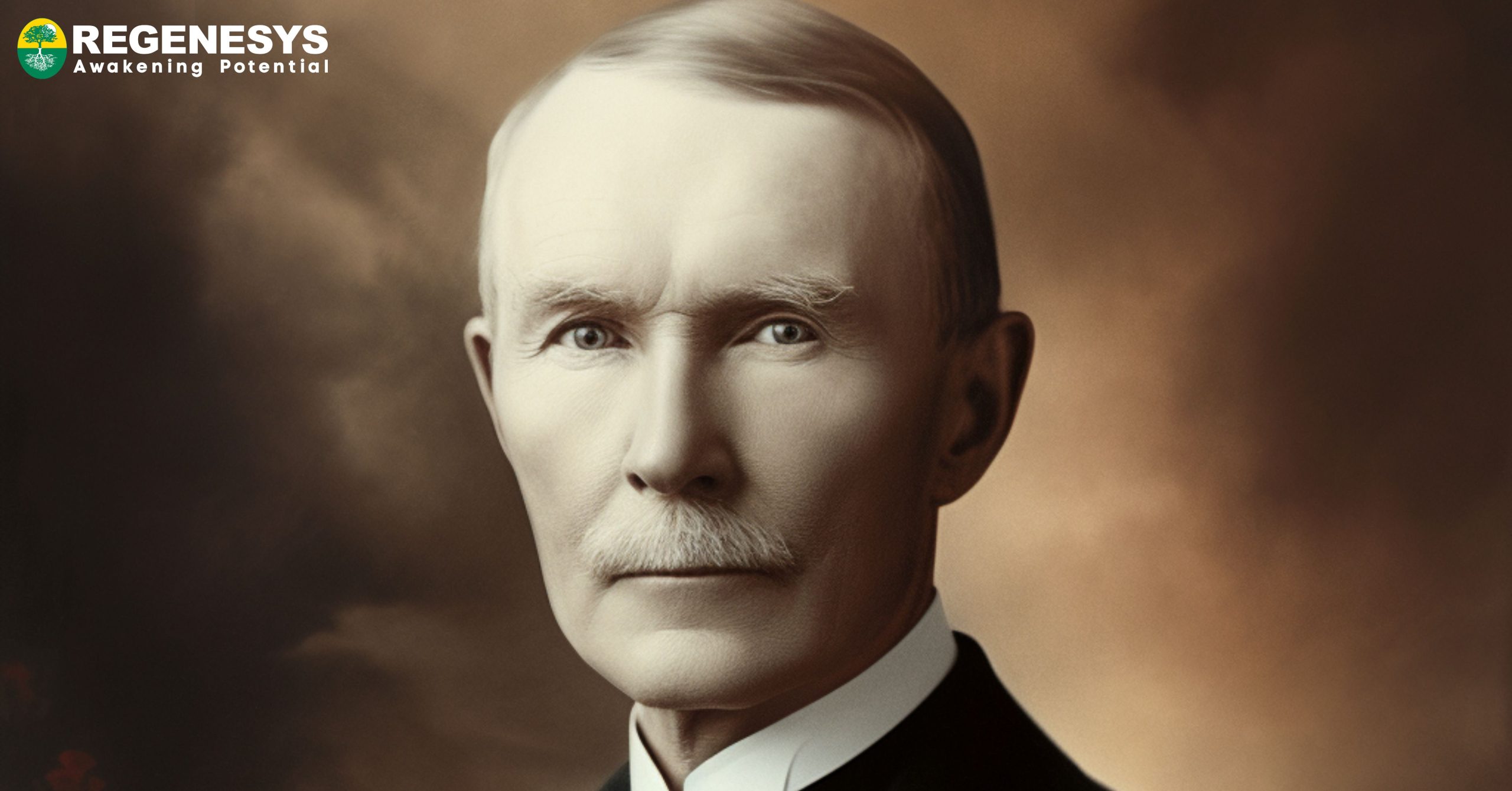
John D Rockefeller (1839 – 1937) was an American business magnate and philanthropist. He is widely considered the wealthiest American of all time and the richest person in modern history.
Rockefeller was born into a poor family in New York. He was a bookkeeper at age 16. At the age of 20, he had several business partnerships in the oil refining sector. Rockefeller founded the Standard Oil Company in 1870, at a time when the market for paraffin and petrol was skyrocketing. He ran Standard Oil (later known as Esso) until 1897 and remained its largest shareholder.
The story of Rockefeller highlights modern business strategy. Instead of focusing – like other speculators at the time – only on the next rich oil strike, his strategy was removing the inefficiencies of the oil market and getting the price of oil under control. This strategy made Rockefeller the richest person in the US and he controlled 90% of all oil in the United States at one time.
10. Jeff Bezos

Imagine becoming a multi-billionaire from selling books. That’s how Jeff Bezos started the e-commerce giant Amazon in 1994 in his garage in Seattle. For Bezos innovation and market dominance comes from a deep understanding of the customer and extensive knowledge of the market.
His approach is unique in that he largely ignores what the competition is doing. He strives to dominate a category by innovation. Think Amazon books and Kindle – and compare that to our general idea of a bookshop.
Starting with books, Bezos has revolutionised and dominated every category Amazon has entered. He added category after category in the lowest margin business, without profits for decades. This destroyed competitors dry and increased the number of Amazon Prime subscribers. Prime has been the core in the Amazon strategy as Prime members return to Amazon to spend a greater and greater share of wallet on each new category Amazon enters.
Conclusion
This selection of 10 great leaders of history in this short treatise, is a minute sample of what rich leadership biography can teach us about ourselves and how we can overcome ourselves to be great leaders.
We should also remember that many of the leaders cited above were soldiers, and we know that the military mindset does not always transfer into the world of business. Nevertheless, we can learn so much from leaders who have gone before us, both from what they have done and from what they should not have done.
10 Great Strategists From Leaders – FAQs
Why is it important to learn from historical leaders?
Learning from historical leaders provides valuable insights into overcoming challenges, strategic thinking, and effective leadership.
What can we learn from Genghis Khan?
Despite his harsh methods, Genghis Khan’s openness to new ideas and focus on learning from different cultures can teach us about adaptability and innovation.
How did Alexander the Great achieve his success?
Alexander the Great’s military tactics, leadership skills, and strategic thinking allowed him to create a vast empire and remain undefeated in battle.
What is the significance of Carl von Clausewitz’s work?
Carl von Clausewitz’s theories on the psychological and political aspects of war have influenced military strategy and leadership across various fields.
How did Jeff Bezos revolutionise the retail industry?
Jeff Bezos revolutionised the retail industry by focusing on customer needs, continuous innovation, and strategic expansion into new categories, ultimately leading to Amazon’s dominance.
What leadership lessons can we learn from Sun Tzu?
Sun Tzu teaches the importance of strategy, preparation, and understanding both oneself and the opponent to achieve victory.
How did Genghis Khan’s approach to leadership contribute to his success?
Genghis Khan’s merit-based promotions, openness to new ideas, and relentless pursuit of knowledge were key factors in his successful leadership.
What made Alexander the Great an effective leader?
Alexander’s ability to inspire his troops, his strategic brilliance, and his adaptability in diverse military campaigns made him an effective leader.
How did Hannibal’s leadership style contribute to his military success?
Hannibal’s tenacity, flexibility, and ability to earn the loyalty of his troops through shared hardships were crucial to his success.
What lessons can we learn from Scipio Africanus’ military strategies?
Scipio’s persistence after defeat, his ability to rally his forces, and his strategic acumen highlight the importance of resilience and adaptability.
How did Napoleon’s leadership impact his campaigns?
Napoleon’s innovative tactics, focus on rapid mobility, and strategic foresight allowed him to achieve numerous military victories and reshape European politics.
What insights can we gain from Carl von Clausewitz’s theories?
Clausewitz’s emphasis on the psychological and political dimensions of warfare teaches the importance of understanding the broader context in strategic planning.
What made Erwin Rommel a respected military leader?
Rommel’s deep understanding of his men, his courage, and his strategic use of mobility and surprise were key to his success on the battlefield.
What business strategies did John D. Rockefeller use to achieve success?
Rockefeller’s focus on eliminating inefficiencies, controlling the market, and strategic long-term planning were crucial to his business achievements.
How has Jeff Bezos’ approach to innovation influenced his leadership at Amazon?
Bezos’ customer-centric approach, relentless focus on innovation, and willingness to take risks have driven Amazon’s growth and market dominance.







1 Comment
insurance | Maximizing Car Insurance Discounts: Drivers can save on car insurance through various discounts. MAFA Insurance helps clients identify and apply for available discounts to reduce their premiums.